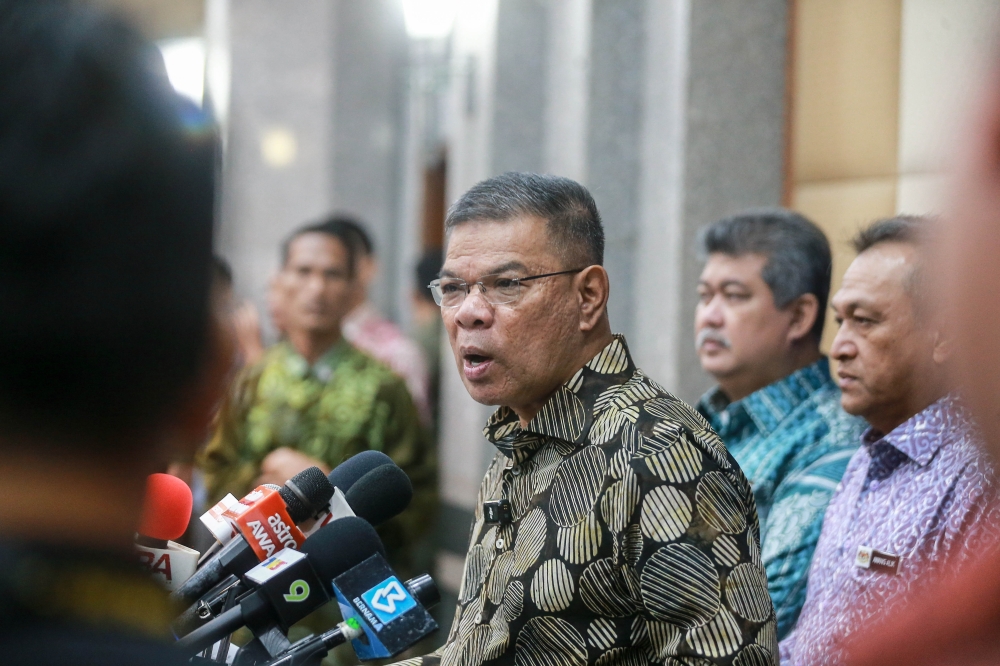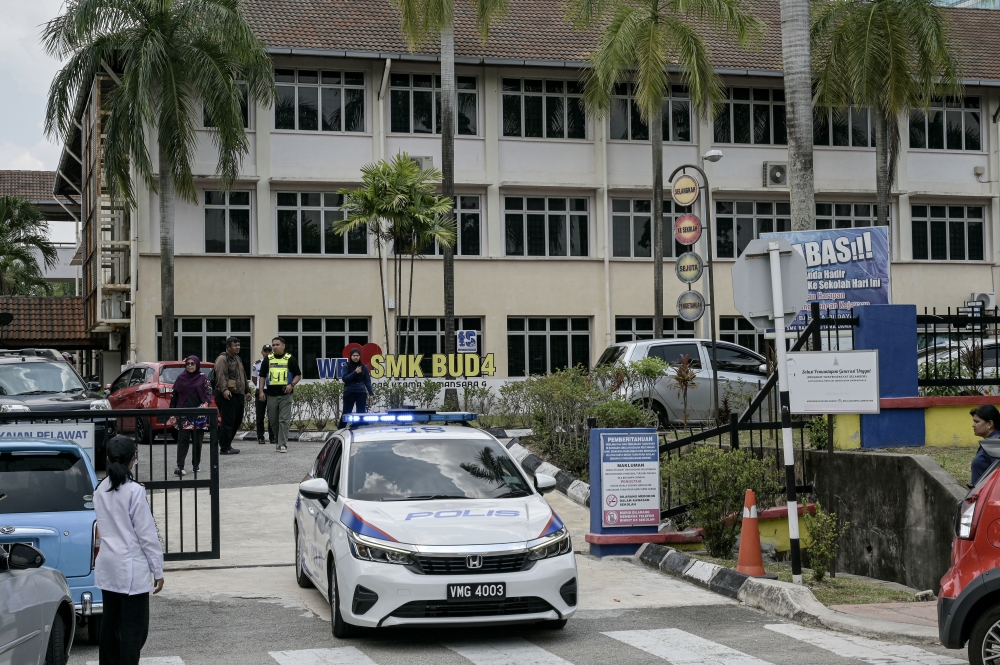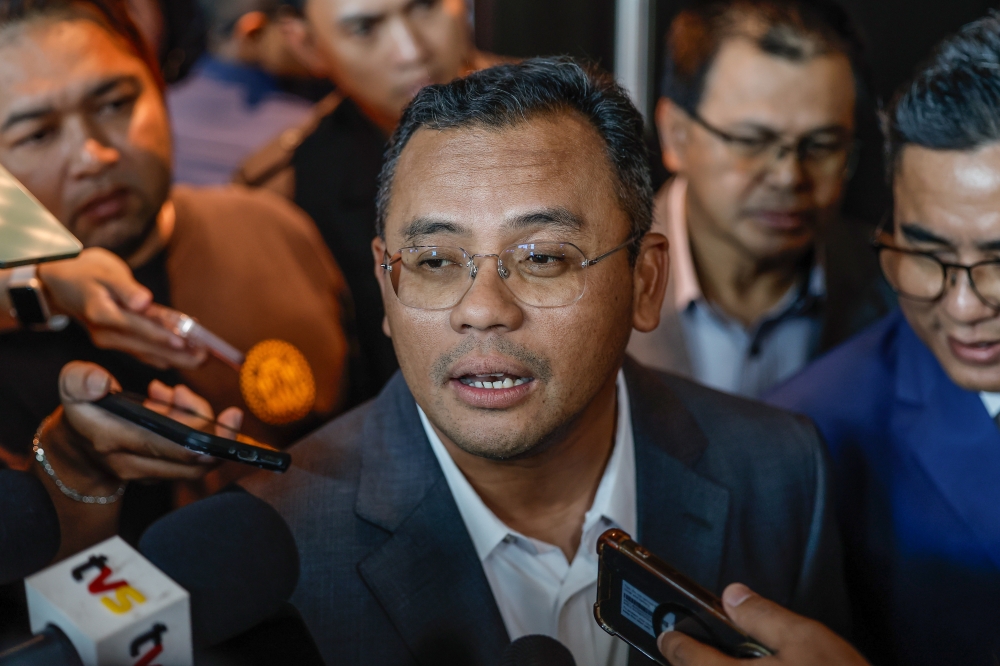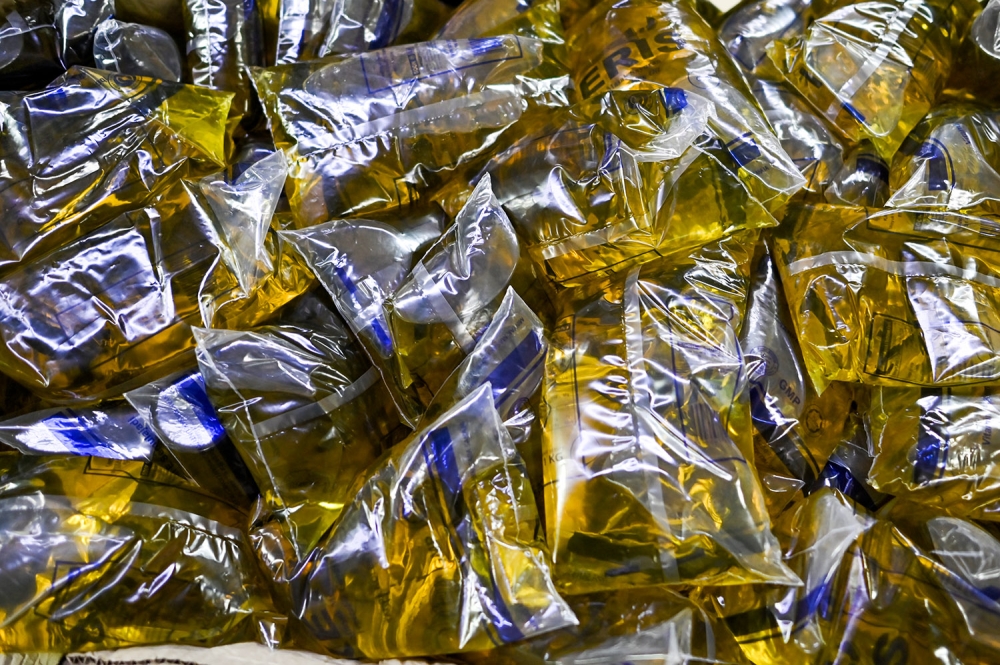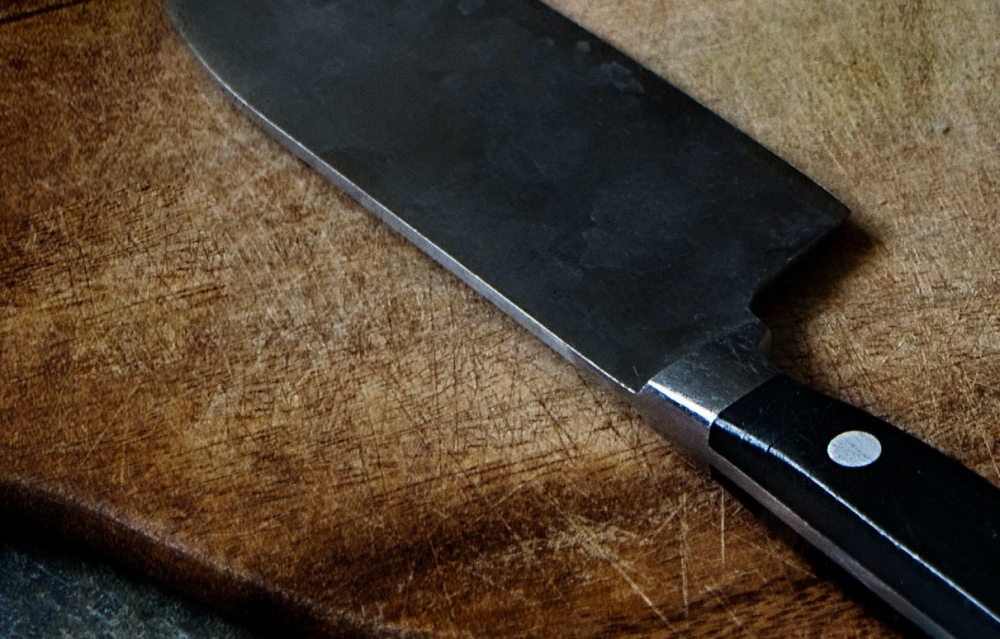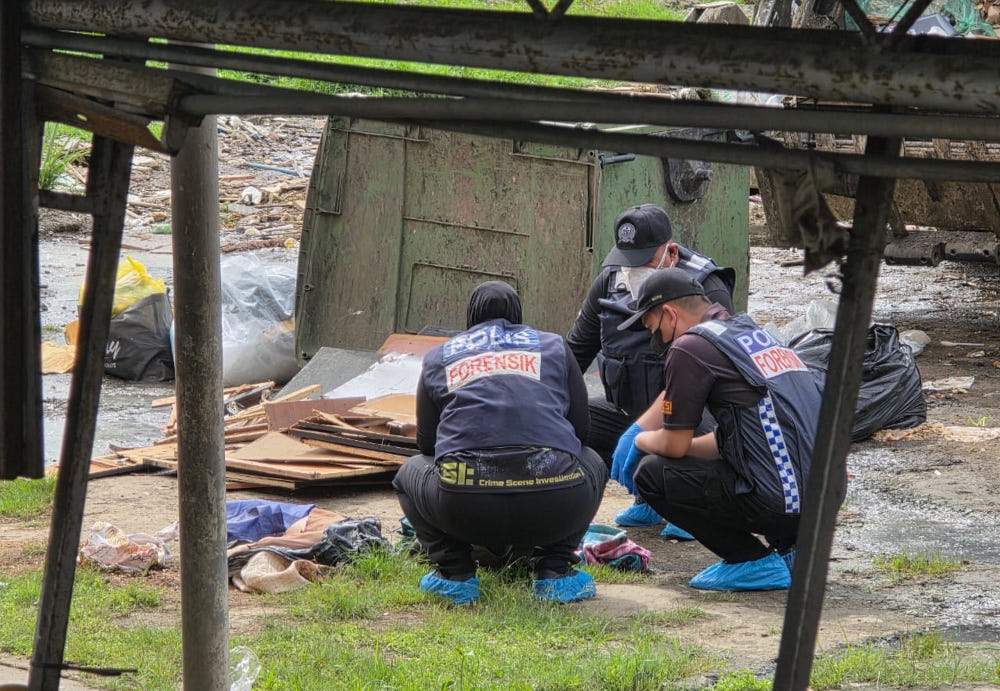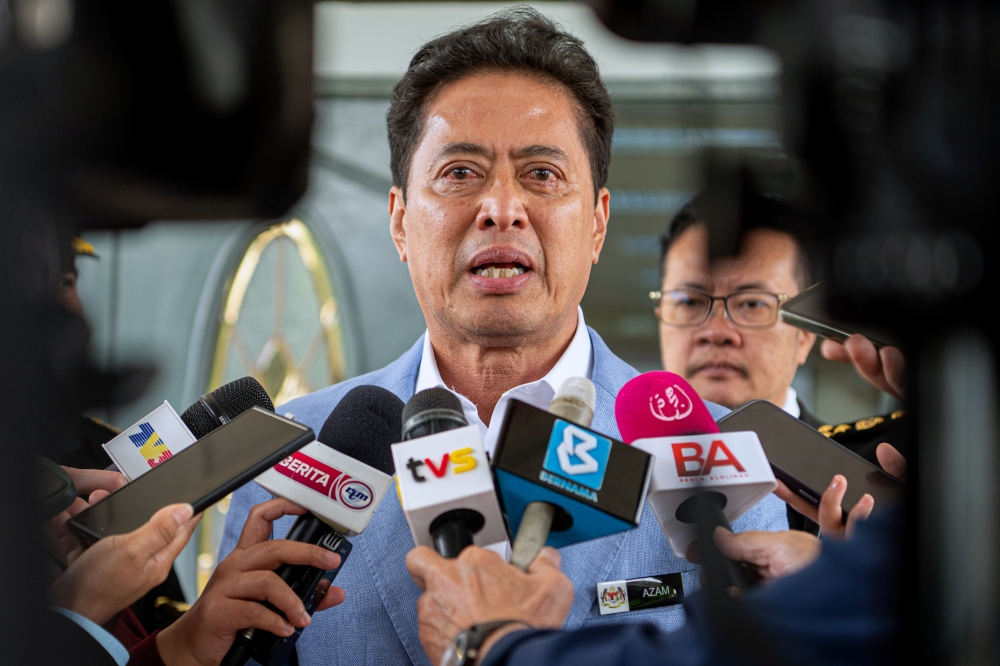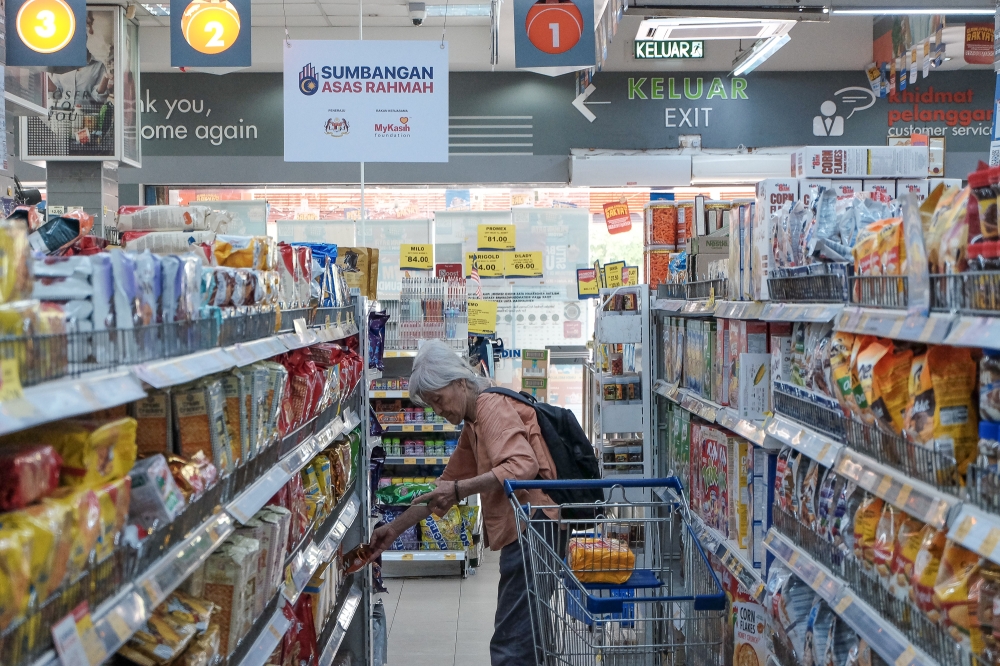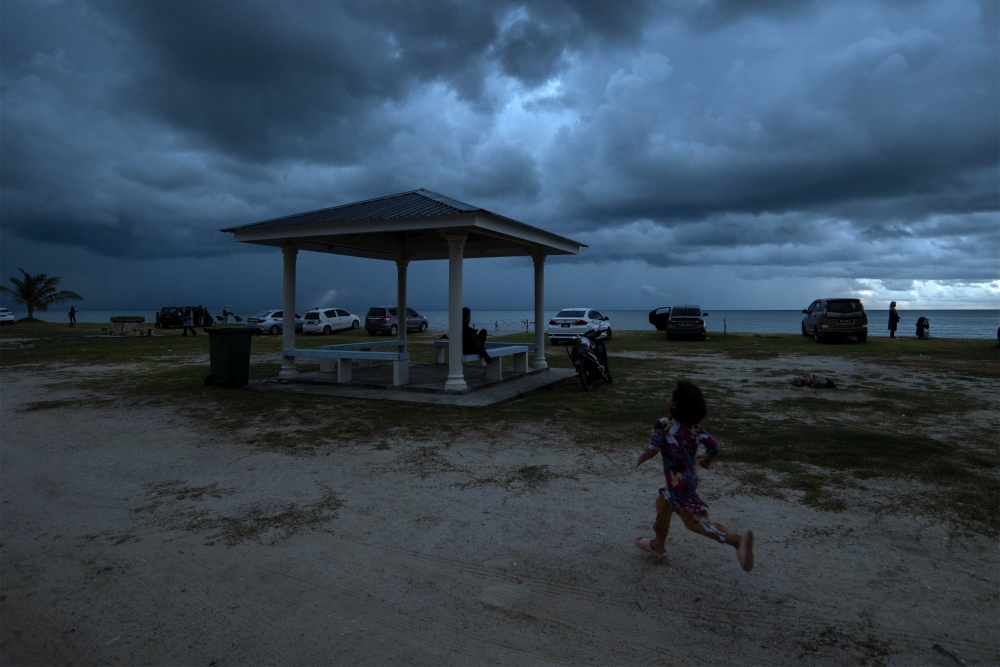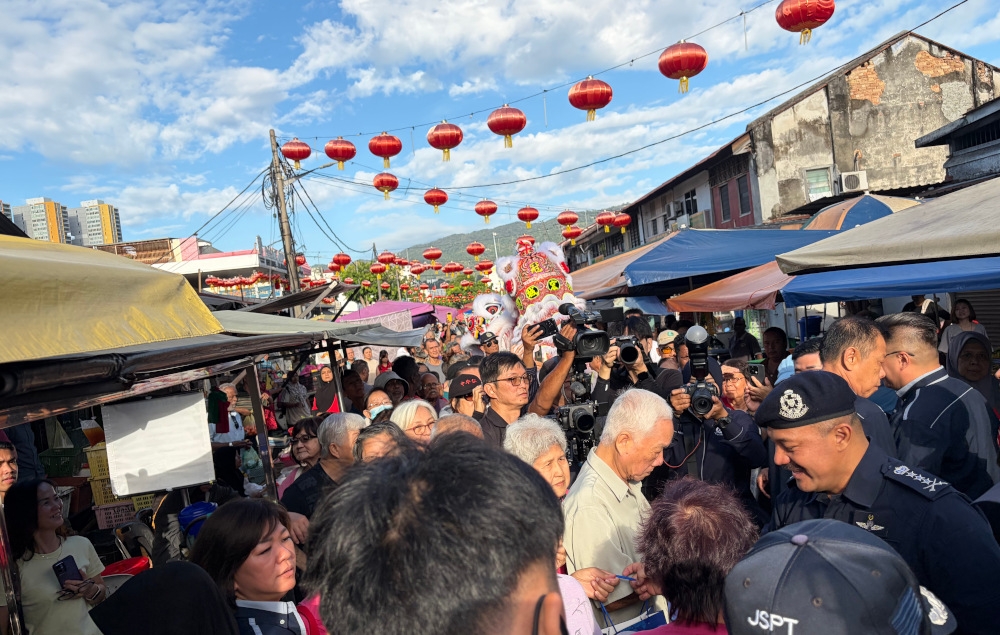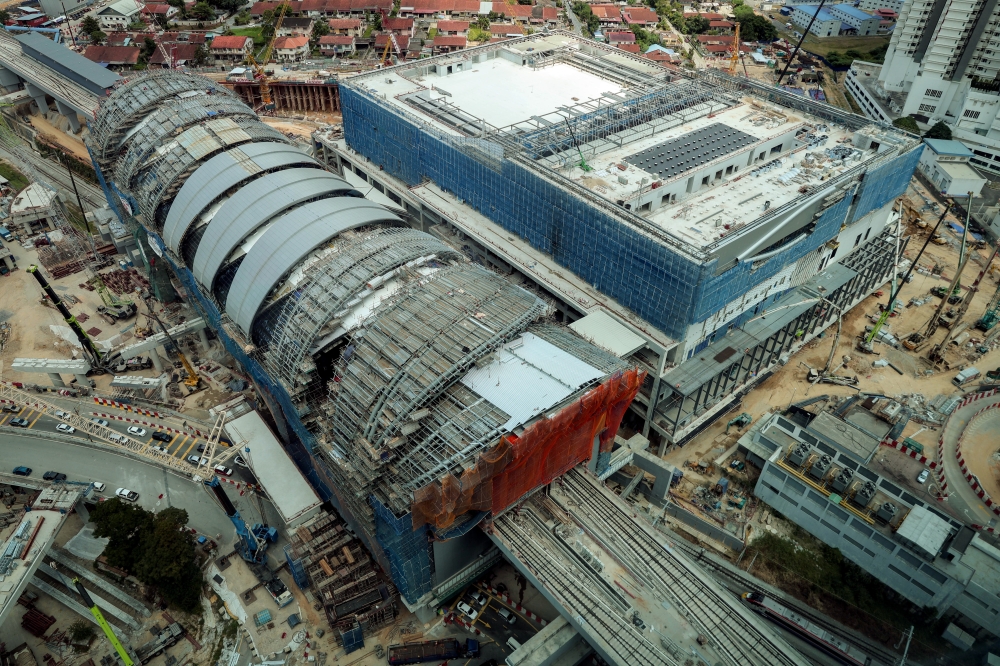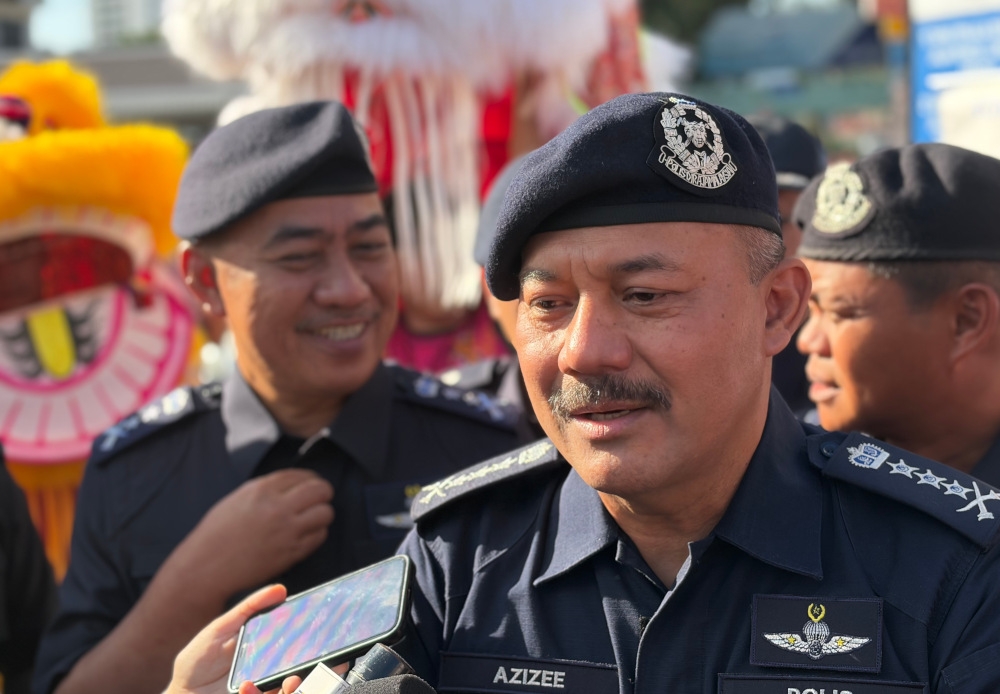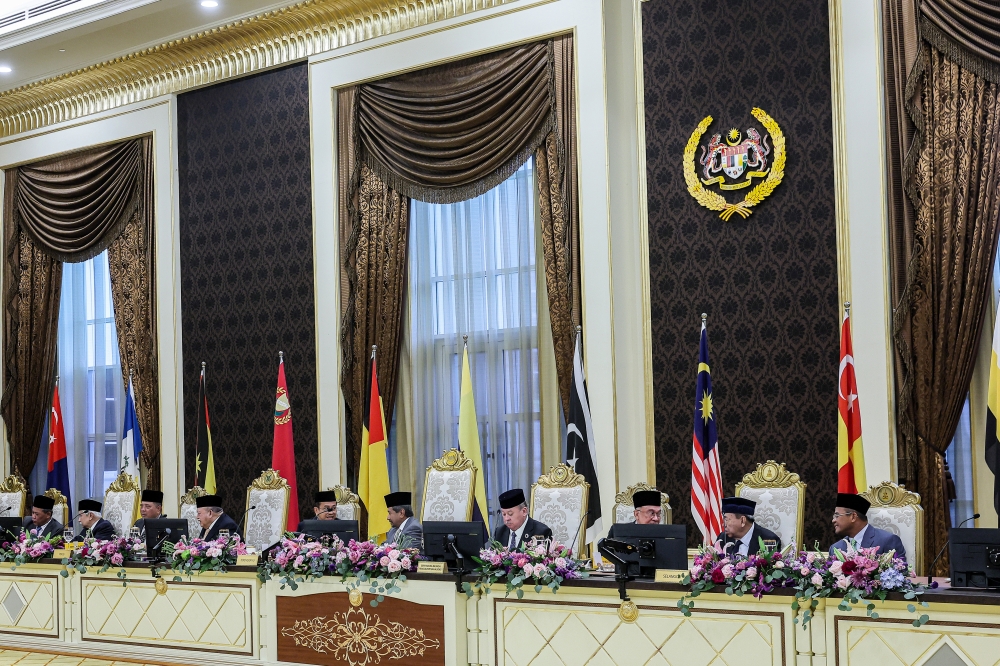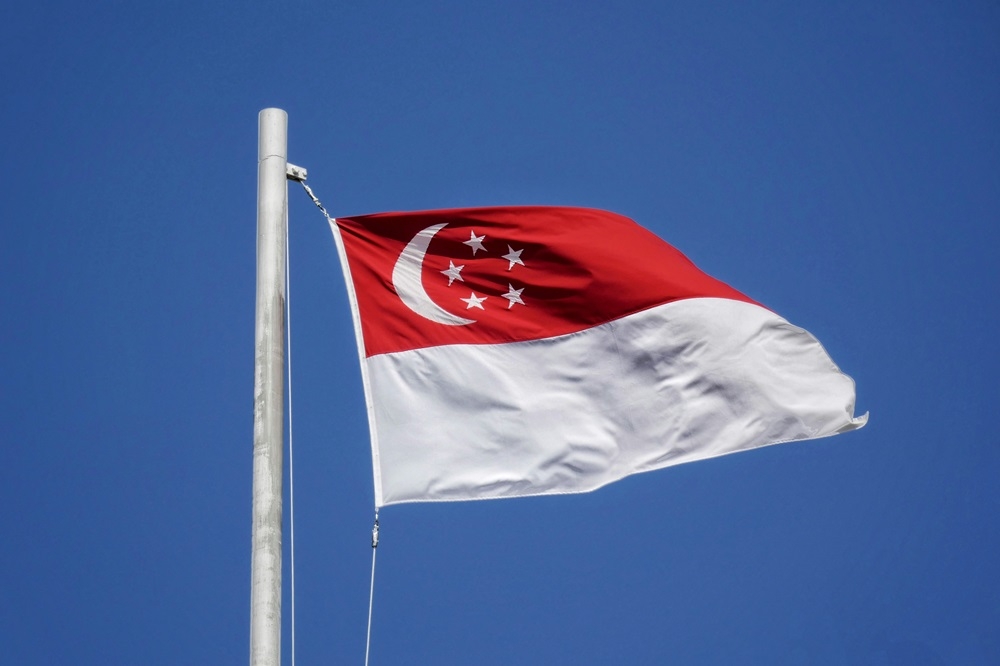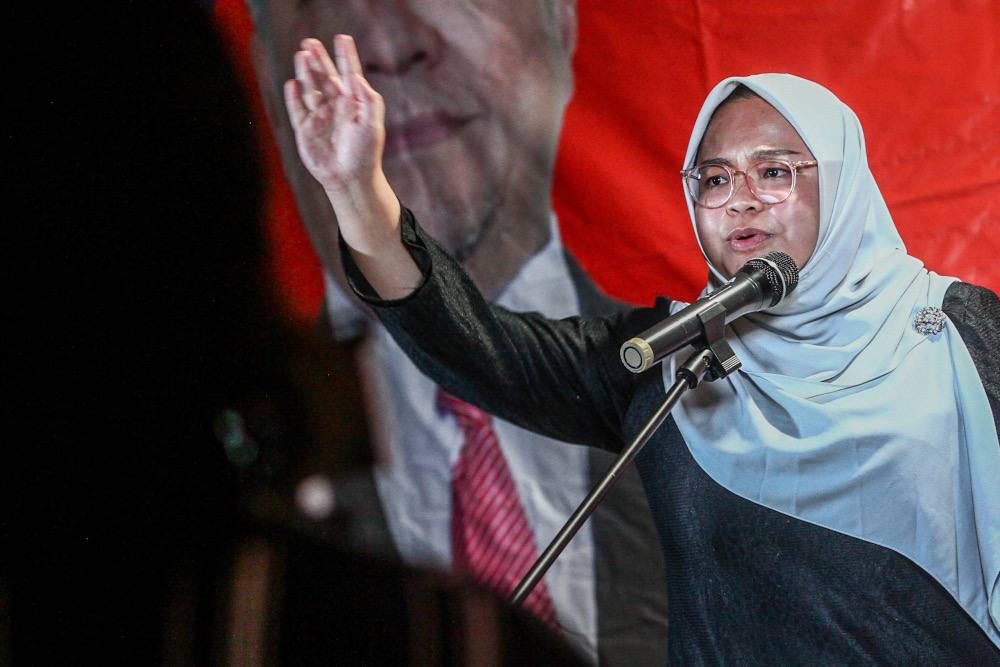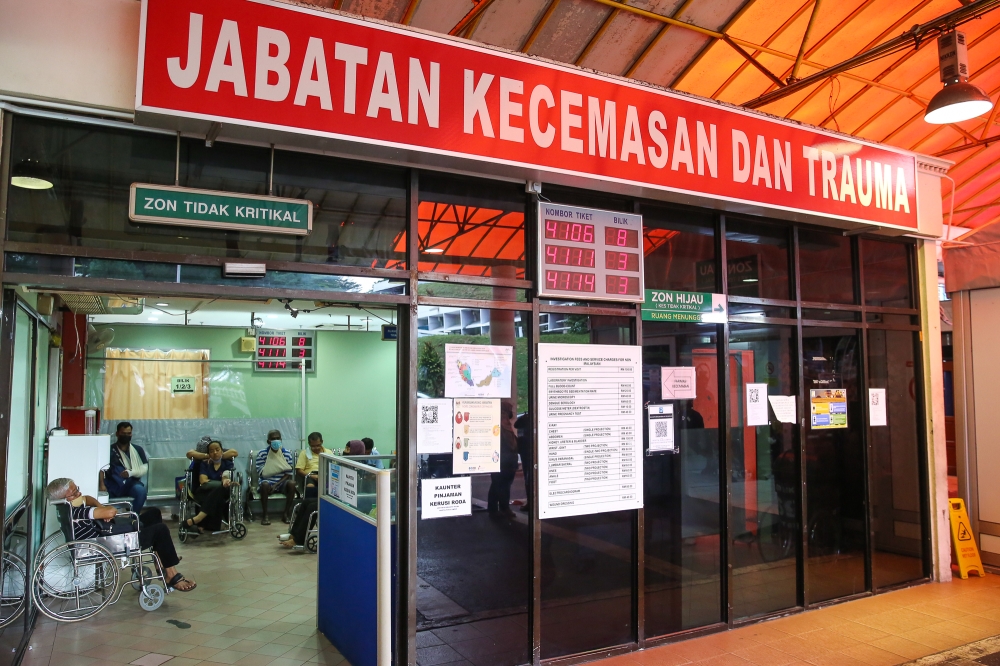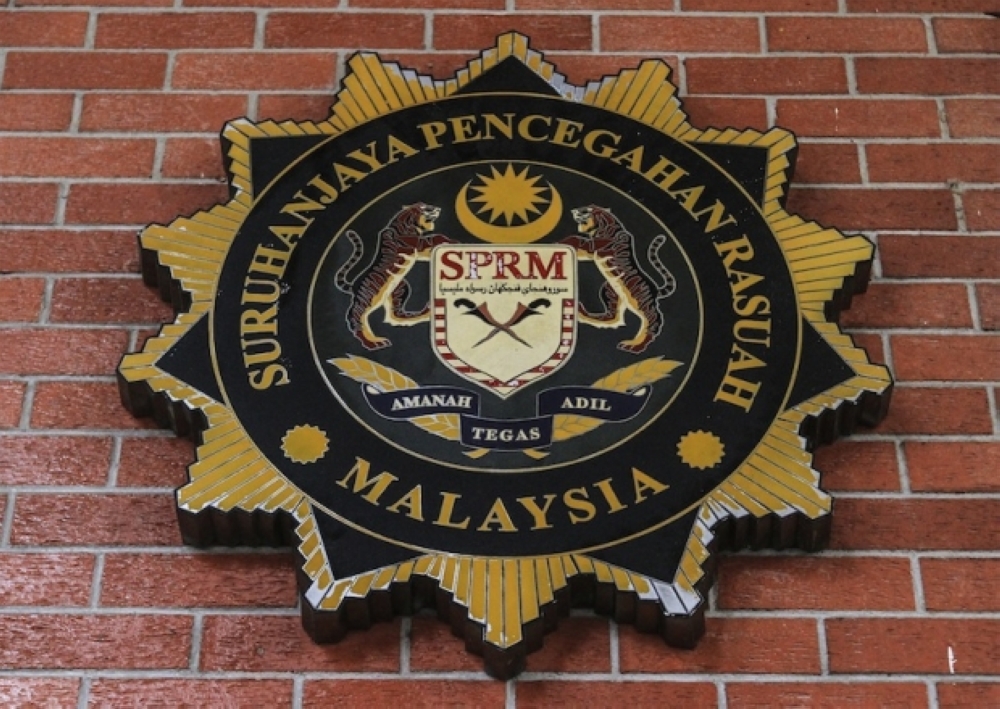JOHOR BARU, March 5 — As a fledgling party, the Malaysian United Democratic Alliance (Muda) certainly shook up the country’s political scene when its leaders confirmed their intention to contest in the Johor state election under its own banner.
Being a member of the Opposition front, they expected derision from the older established ruling parties, but along with it came punches to the gut from friendlies. Despite that, they remain buoyant in their maiden effort to light a new fire under Malaysians and lead the way forward.
One of the energetic people behind Muda who is drawing a lot of attention is its secretary-general Amira Aisya Abdul Aziz.
The 27-year-old wears a cheery smile that stretches from ear to ear and could be mistaken for a college student. But make no mistake, the young woman vying with five men for the Puteri Wangsa seat has high ambitions.
The sole woman candidate for the state seat speaks with the confidence befitting a lawyer who has girded herself with facts before entering the courtroom to do battle.
“Johor has the potential to be Malaysia's economic powerhouse,” she told Malay Mail when met at a hawker centre on the campaign trail.
A former educator, Amira succinctly lists out Johor’s diverse industries as well as the capital and human resource advantages the southern state possesses.
“I want to see the people of Johor living with dignity. We don’t want to see outsiders coming to the state and reaping all the benefits,” said the local born who attended the Sultan Ibrahim Girls School, regarded as one of the most prestigious in Johor.
“I want to see the sons and daughters of Johor themselves living with dignified salaries, good job opportunities and opening up new and upcoming industrial sectors,” she added.
Amira’s eyes light up and she speaks with a passion when delving into her pet subjects: how to cultivate talent and create opportunities for growth.
In her interview with Malay Mail, the aspiring politician described what she saw while campaigning in a suburb of Puteri Wangsa, which is located within the greater Tebrau parliamentary district and just a 10-minute drive from the city centre.
She said the income gap between the haves and have-nots in Puteri Wangsa is very visible. Her constituency has 112,804 registered voters with a fair mix of those who fall into the 40 per cent who are considered middle class (M40) and the other 40 per cent of bottom wage earners (B40).
She said that 90 per cent of families in the M40 group have computers or other gadgets at home that allow the children to attend online learning classes which have been the norm in the past two years since the Covid-19 pandemic began. In comparison, only 40 per cent of those in the B40 category have these.
“Nowadays to do homework, the students need to do research on the internet,” she said.
Amira who had been socially active before embarking on politics said she had been part of a group that wanted to build community centres that are equipped with libraries and gadgets so that schoolchildren in the area with less financial means could use them.
“I still think that education reforms need to be settled first to pave our way to economic and welfare reforms,” she said.
Amira said Puteri Wangsa has a large number of people running micro or small enterprises, adding they had been adversely affected by the slow economy during the pandemic and need help.
She used her brother as an example of a small entrepreneur whose business is struggling. What the state government could do to help people like him was to cut the red tape on matters like business licences.
“Why is the process complicated? If you want to do business, you also have to take a temporary licence which is more expensive than a permanent licence,” she said.
For the past week, Amira’s daily walkabouts have drawn public attention as she made time to chat and listen to the people she met on the campaign trail.
There have been some disparaging remarks made about the bespectacled and tudung-wearing candidate, but Amira appeared unbothered.
“The hope does not lie in the hands of political parties and leaders, it is in the hands of the voters,” she said.
She also doesn’t see the necessity to play up her gender as the only woman candidate running for Puteri Wangsa.
“We shouldn’t be distinguished by gender or religion or race but by the policies brought and the efforts made for the people,” she said.
Several Puteri Wangsa constituents whom Malay Mail spoke with are supportive of Amira.
An office worker who gave her name as Ah Chan said people inPuteri Wangsa who voted for Pakatan Harapan are still reeling from the blow of seeing both their state and parliamentary elected representatives ― Mazlan Bujang and Steven Choong respectively ― leave the coalition following the infamous Sheraton Move in 2020.
“It is good to have new faces who can focus on serving the constituency rather than go missing without doing anything,” she told Malay Mail.
A hawker who only wanted to be known as Roslan felt that more constituents would vote for Amira and Muda if they knew about them.
“I think most people in the community have yet to know about her. She will stand a good chance if she could be promoted more,” he said, adding that Muda’s flag is also relatively unknown in the area.
Amira Aisya is set against Dr Khairil Anwar Razali (Parti Pejuang Tanah Air), Loh Kah Yong (Perikatan Nasional), Steven Choong Shiau Yoon (Parti Bangsa Malaysia), Ng Yew Aik (Barisan Nasional), and independent Adzrin Adam for the Puteri Wangsa seat.
Early voting is on March 8 but polling day is on March 12.

